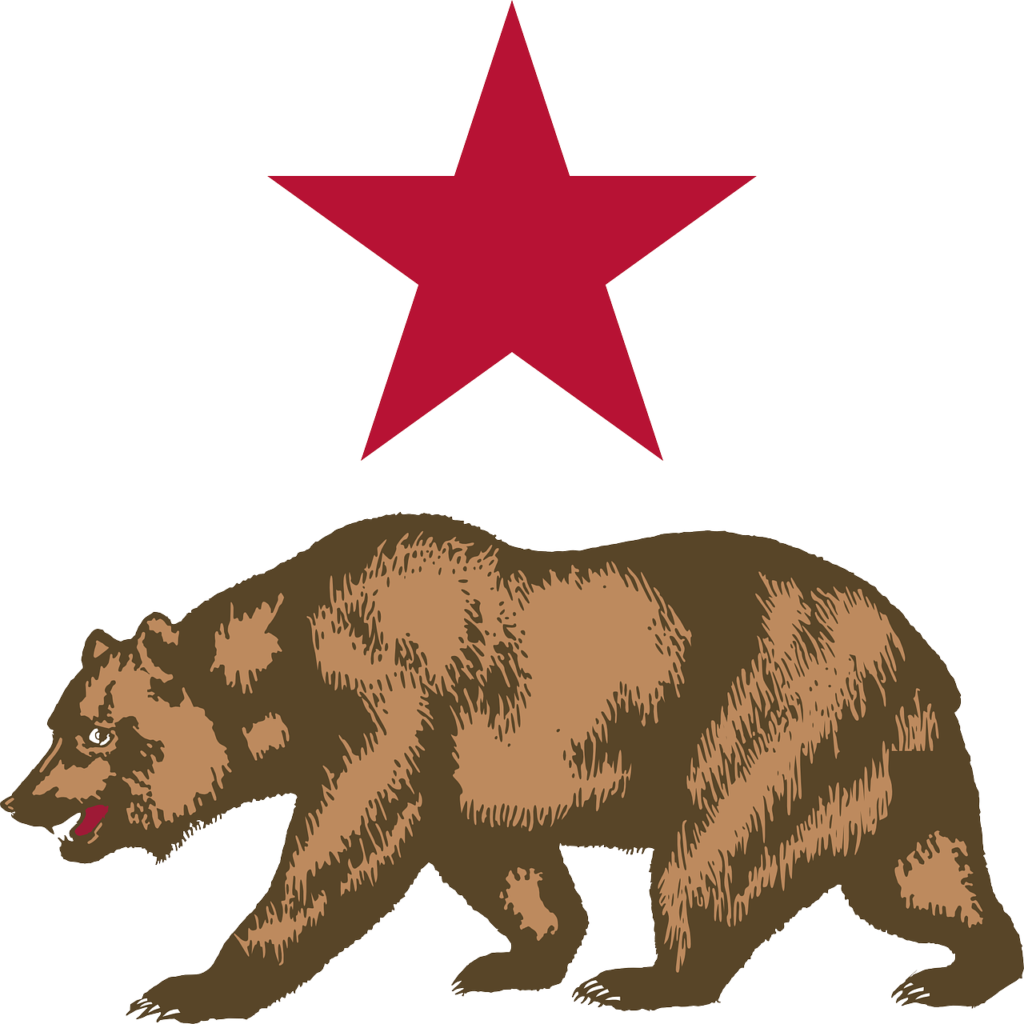
The Indian Child Welfare Act (ICWA) is a federal law that was enacted in 1978 to protect the best interests of American Indian and Alaska Native children and to promote the stability and security of Indian tribes and families. In California, the ICWA plays an important role in ensuring that the state’s tribal communities are able to maintain their cultural heritage and traditions.
The ICWA establishes standards for the placement of Indian children in foster or adoptive homes and requires that any proceedings involving Indian children be carried out in a manner that recognizes the rights of Indian tribes and families. This includes the requirement for active efforts to prevent the breakup of an Indian family, as well as placement preferences for Indian children in foster care or adoption proceedings.
In California, the ICWA applies to all proceedings involving the removal of Indian children from their families, including adoption, guardianship, and termination of parental rights proceedings. The law also requires that notice of these proceedings be given to the child’s tribe, as well as to the child’s parents or Indian custodians, and that the tribe be given the opportunity to participate in the proceedings.
In order to comply with the ICWA, it is important for individuals and organizations in California to understand the provisions of the law and to make a good faith effort to follow its requirements. This includes providing ICWA training for judges, social workers, foster and adoptive parents, and others involved in child welfare cases.
In conclusion, the ICWA is a critical tool for protecting the rights of American Indian and Alaska Native children and families in California, and for promoting the cultural preservation of the state’s tribal communities. Whether you are a social worker, judge, foster parent, or adoptive parent, it is important to be knowledgeable about the ICWA and to make a concerted effort to comply with its provisions.